Author Archives: thewotrblog
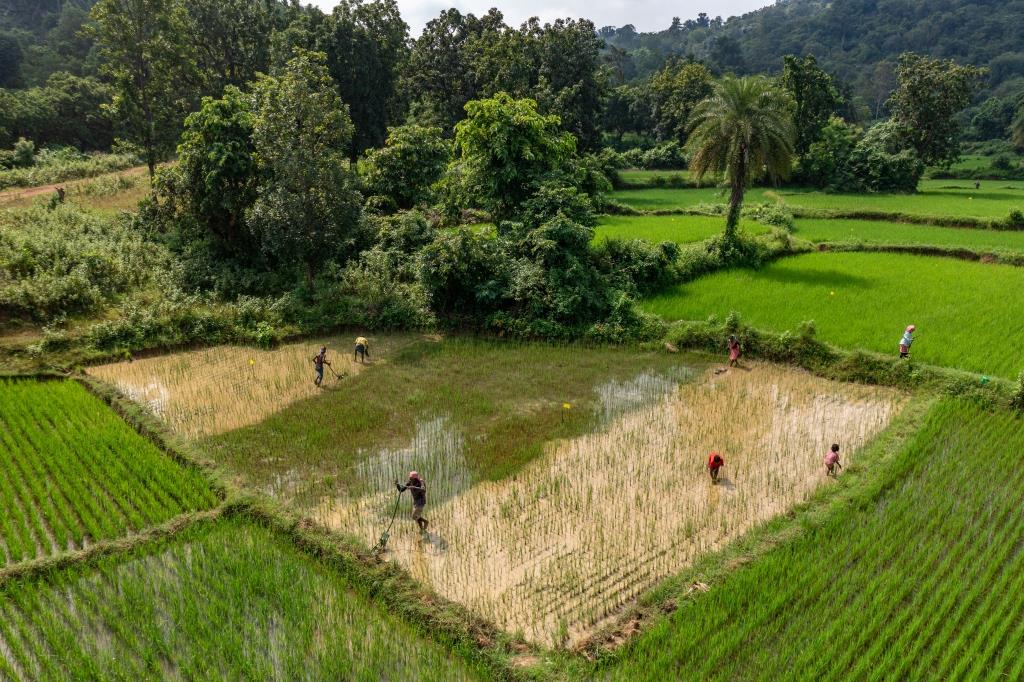
What is Ecosystem-based Adaptation and how can it help India fight Climate Change?
Climate change is already happening. Rising temperatures leading to rise in natural disasters are already making headlines. This shifting phenomenon presents a considerable risk on the health of people, natural capital (like clean water and food) and world economies. If not addressed immediately it could lead to a further decline of biodiversity in several areas […]

Welcoming the girl child
by Harshal Khade Today is National Girl Child Day and is celebrated on January 24 every year. It is primarily aimed at promoting awareness about the rights of the girl child, and increasing awareness on the importance of girls’ education, health and nutrition. The day is an initiative of the Ministry of Women and Child […]
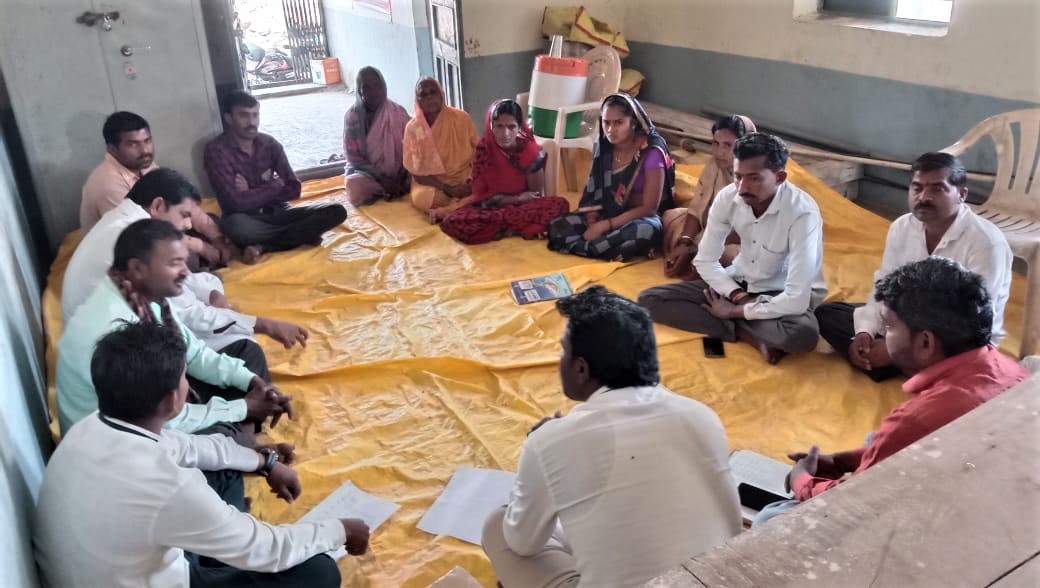
Incentivizing Water Governance by applying the Water Governance Standard and Certification System toolkit
Ankita Yadav and Eshwer Kale Why this tool? Supply of adequate quantity and good quality of water has become a significant crisis across the globe. Water is a connecting resource for life, livelihoods, human well-being, and ecosystem health. This precious resource is essential for agriculture, production, businesses, and development resulting in competing uses for this […]
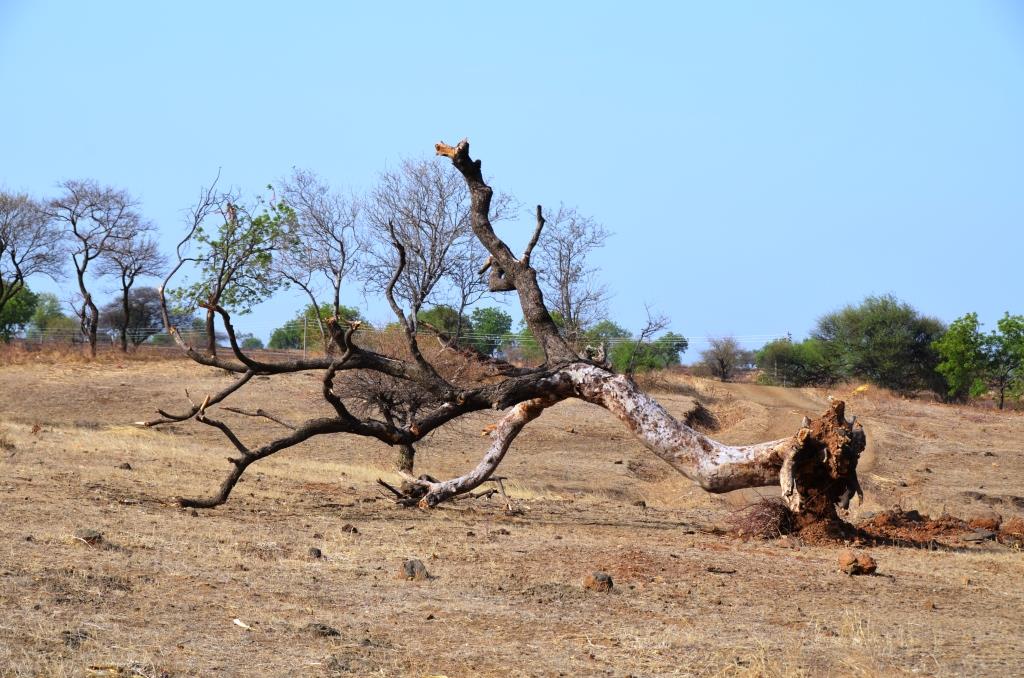
5 signs of climate change in rural India
The seventh-most climate vulnerable country in the world, India faces some of the highest socio-economic risks due to extreme weather events.[1] The country’s demographic profile further compounds the challenges posed by a changing climate, in that over 65% of the total population is rural and dependent on the rapidly depleting natural resources for their sustenance. […]
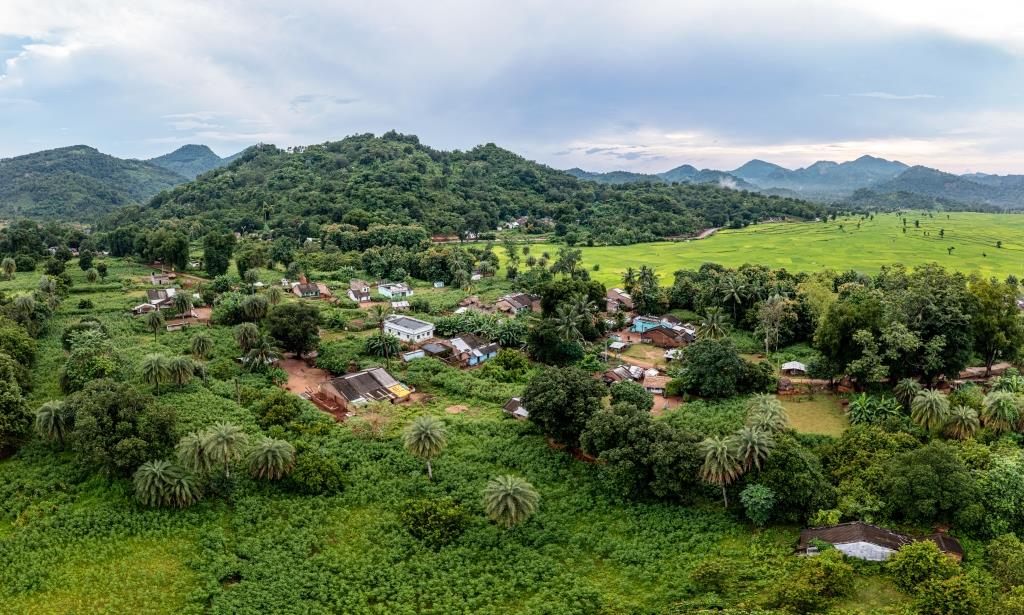
ECOBARI – upscaling ecosystem restoration through collective action
Dr. Marcella D’Souza On 19th November 2021, WOTR with IDH and eight other partners, launched ECOBARI – a collaborative aimed to promote Ecosystem Based Adaptation for Resilient Incomes. The event witnessed over 150 participants. ECOBARI received a huge support from the development fraternity; it is seen as a major step in fostering climate change adaptation […]
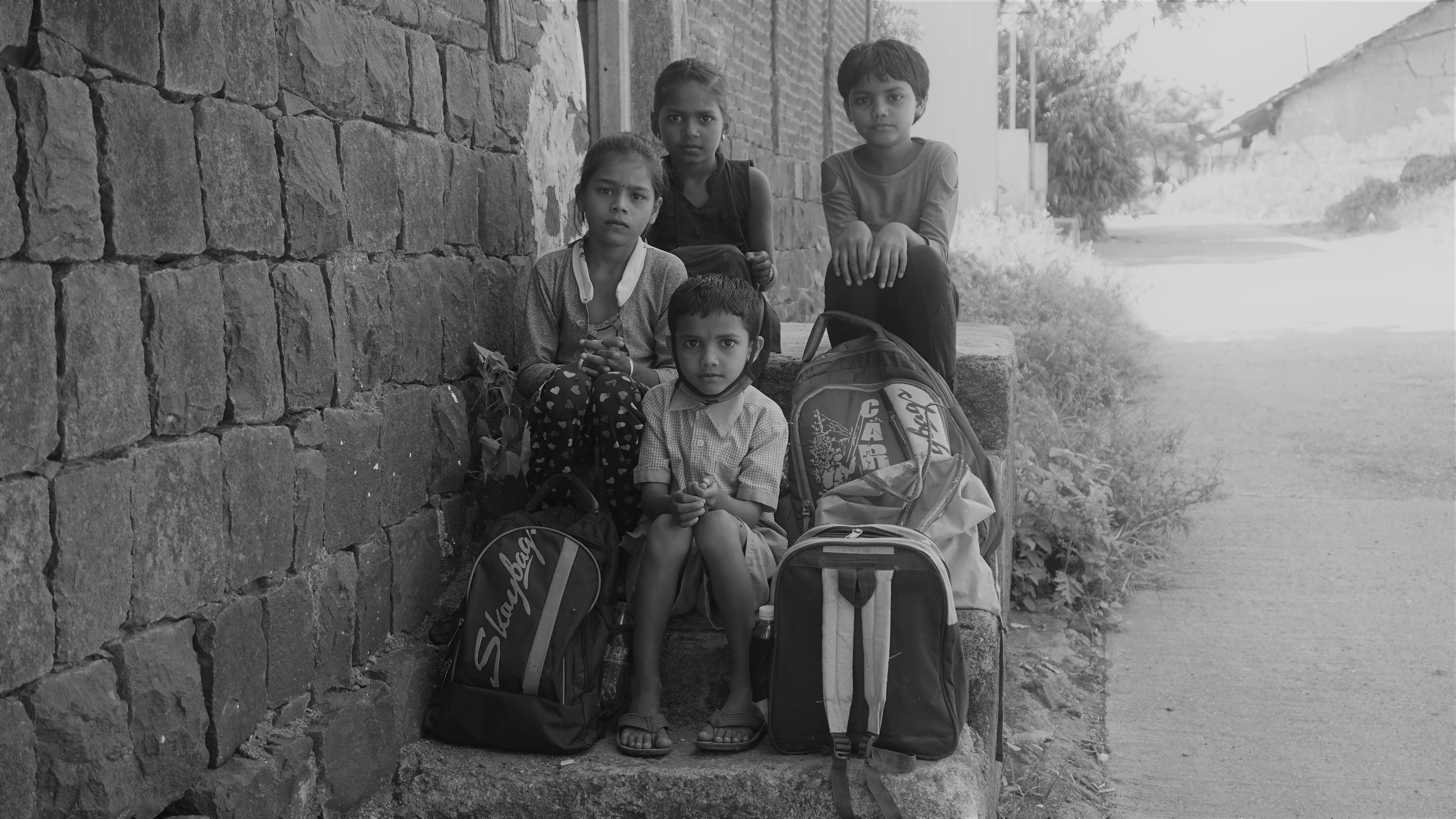
Digging deep in search of water
by Dr. Taufique Warsi and Dr. Eshwer Kale Groundwater resources, considered a replenishable resource, are often overexploited to meet the growing demand of agriculture, domestic, industrial purposes, and inhabitants. Its depletion has hugely affected the economic and social sector, forcing farmers in Maharashtra to construct new wells. However, the support the farmers seek from government […]

Usage of FarmPrecise Mobile App: Feedback of Farmers
by Dr. Arun Bhagat In continuation with a previous blog on “Role of Mobile Apps for Climate Smart Agro-Advisory in Agriculture“, there is a need to provide farmers with a dynamic decision support system that is tailored to their specific farm/crops and provides them weather-responsive advisories across key aspects of agricultural operations. This will help […]
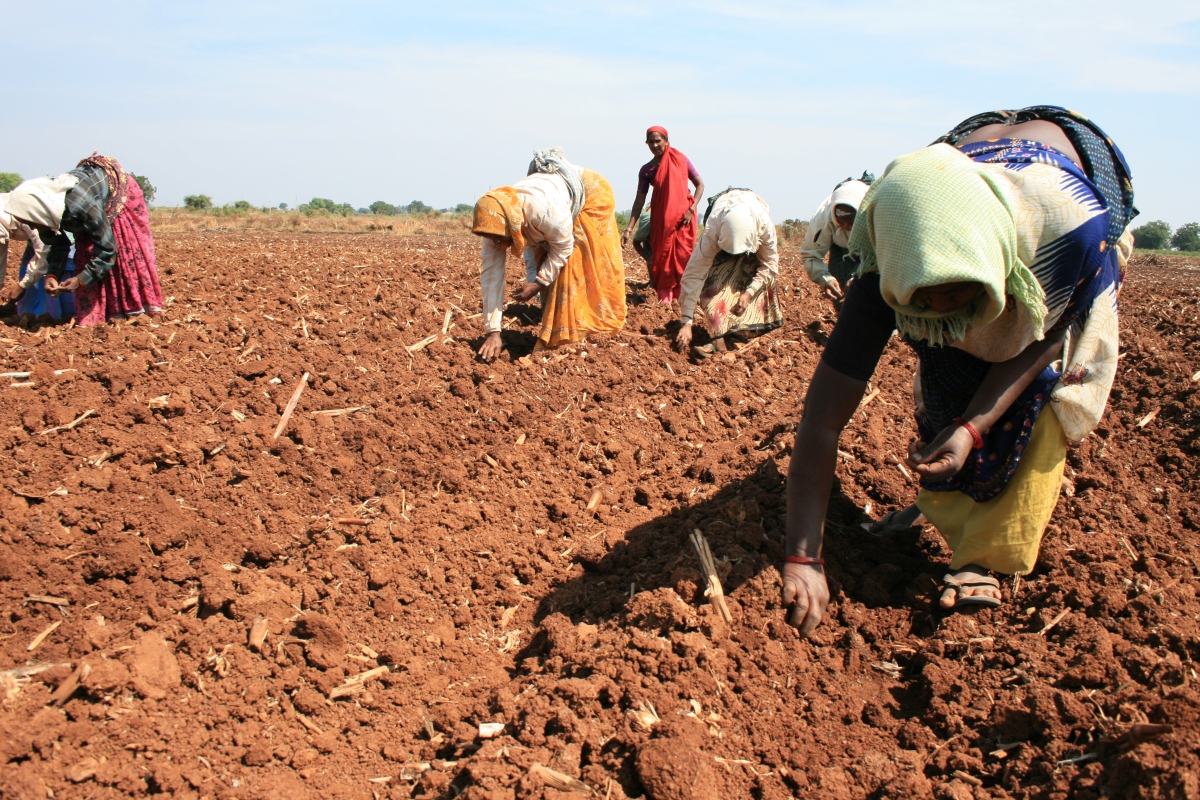
Addressing the impacts of the pandemic on the agricultural sector
by Nikhil Nikam As we all know, in the early stages of COVID-19 in 2020, there was no vaccine or treatment available to protect people against infection. As infections increased, the government implemented lockdowns, closed borders, and imposed travel limits to prevent the virus from spreading—all of these preventive measures to keep the epidemic under […]
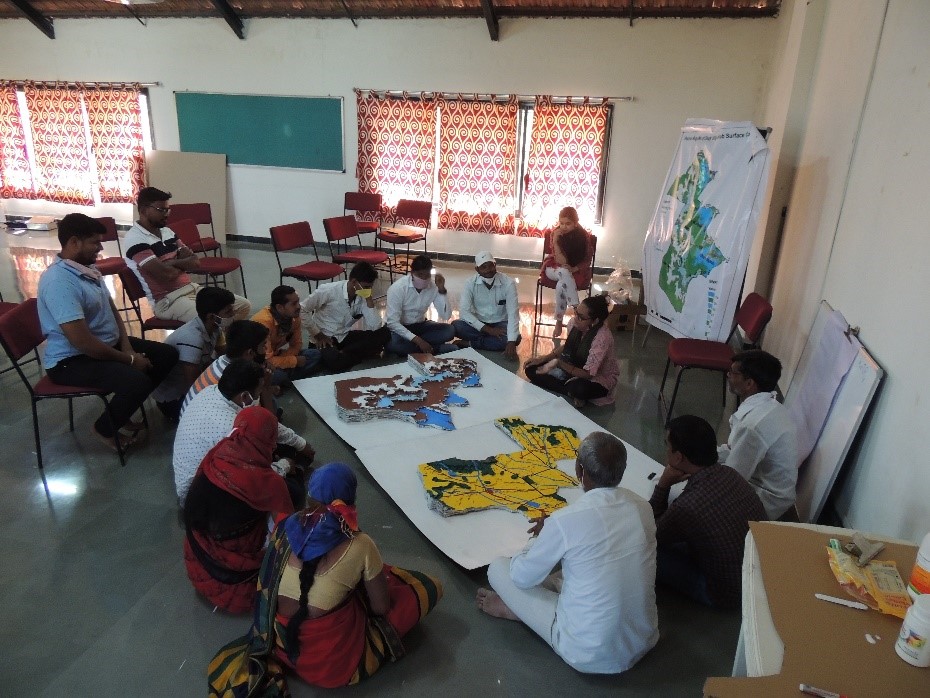
Participatory Aquifer Management Workshop: Creating Awareness for groundwater management
by Tanmay Pisolkar The state of Maharashtra has a wide range of rainfall patterns, ranging from 6000mm to 500mm. With 82 percent of the rural population reliant on agriculture for a living, even small changes in this diversified regional and yearly rainfall result in different crop yields. Groundwater is the major source of irrigation, covering […]
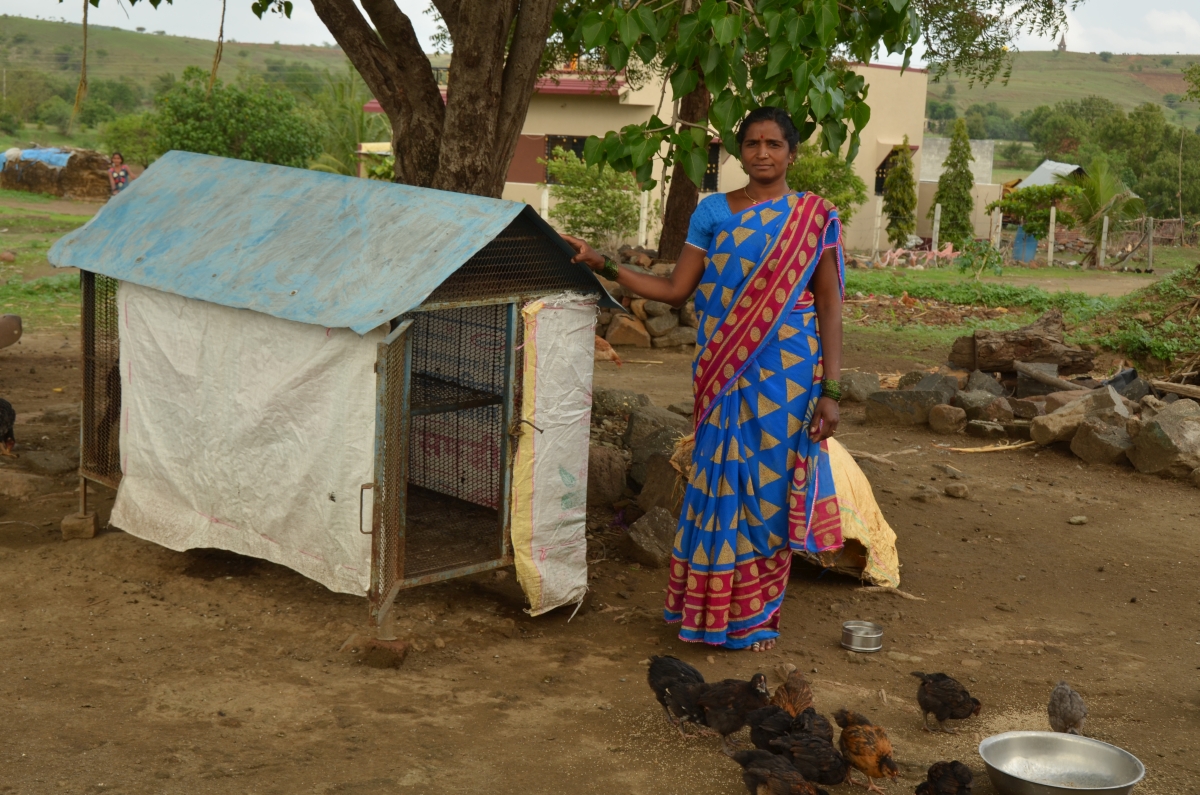
Addressing the issues of household income of landless and poor
by Jyothirmayee Kandula, Srinivas Reddy and Anil Kumar Raising daily wage work is the second-highest source of income, followed by agriculture. However, as agriculture becomes less remunerative due to an increase in the cost of cultivation and fewer crop returns from climate change, alternate livelihoods for household (HH) income gain a prime role. It is especially […]

Recent Comments